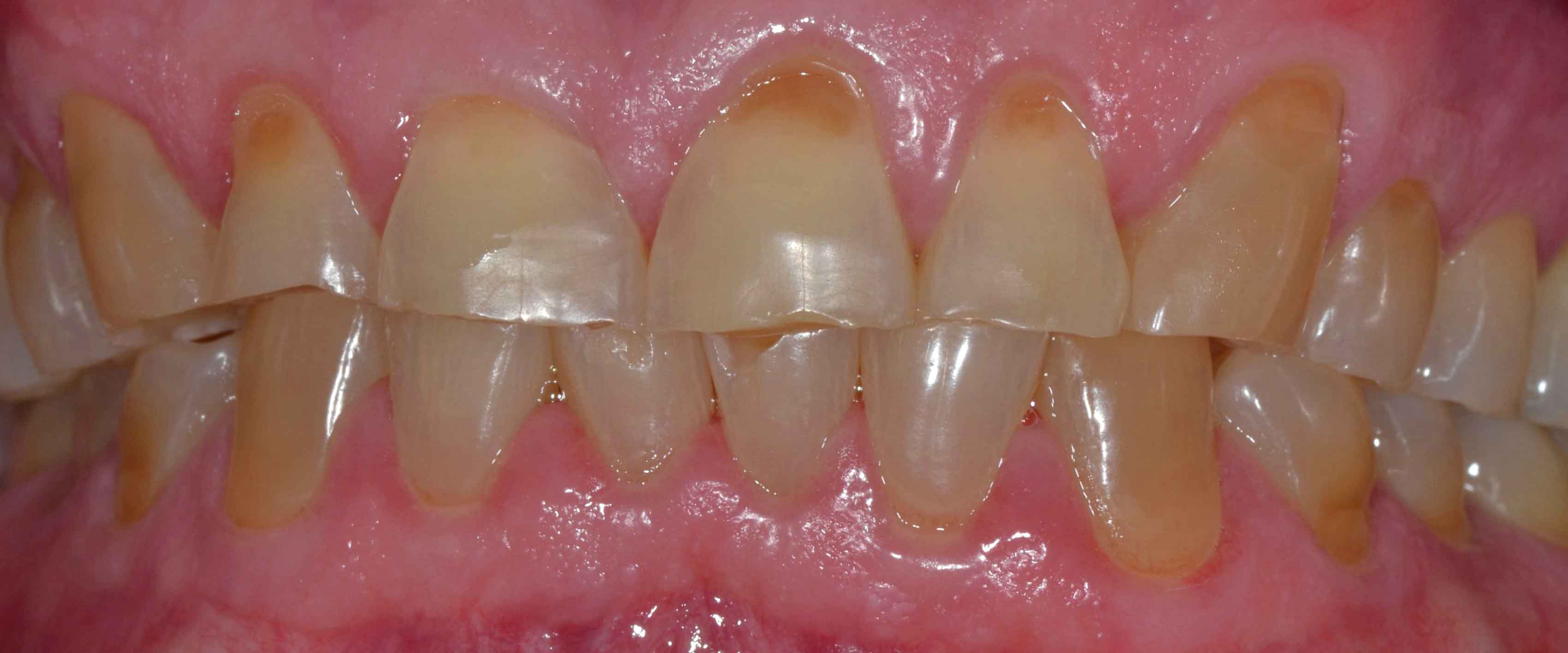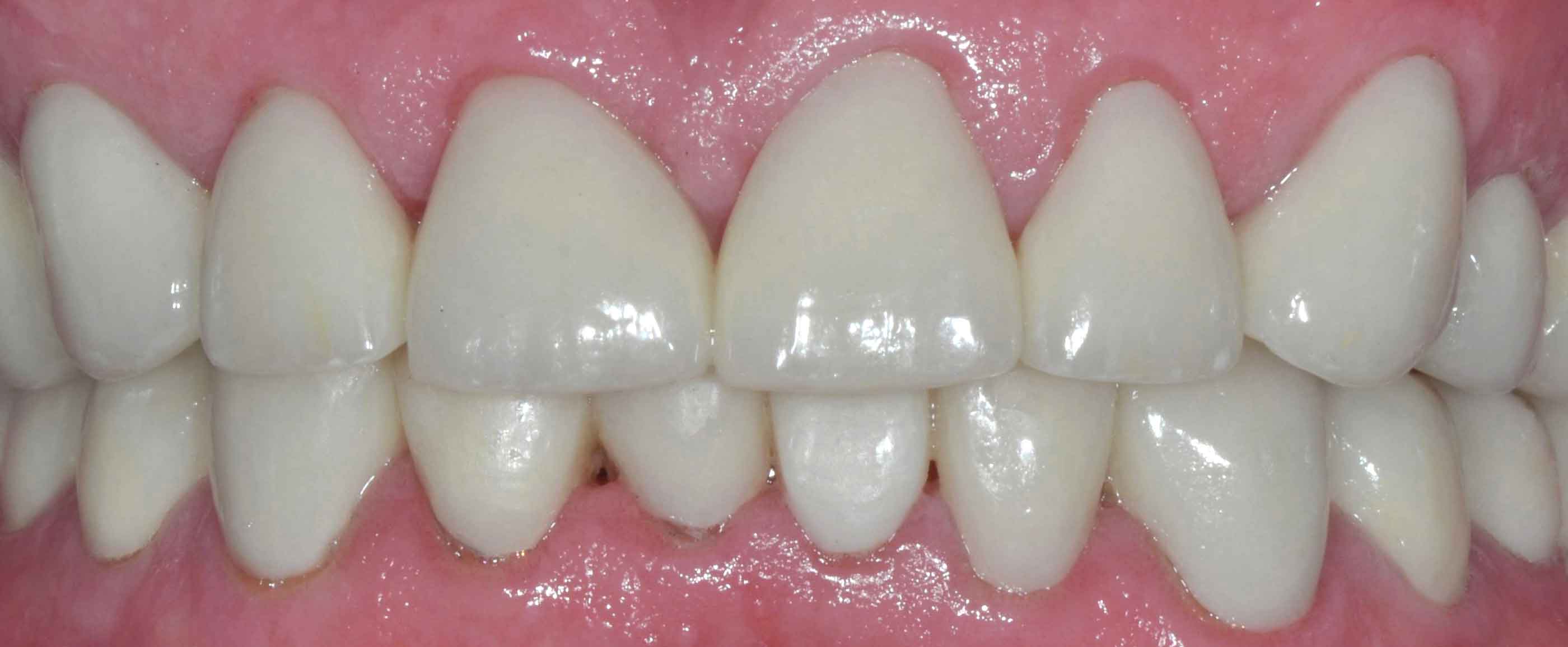To Buy Propecia Online Visit Our Pharmacy ↓
 Propecia and Sexual Side Effects: Separating Fact from Fiction
Propecia and Sexual Side Effects: Separating Fact from Fiction
Propecia, a medication used to treat male pattern baldness, has been at the center of controversy due to alleged sexual side effects. Users have reported experiencing a range of issues, including decreased libido, erectile dysfunction, and orgasm problems. However, it is essential to critically examine these claims and separate fact from fiction.
A comprehensive analysis of scientific research is necessary to determine the validity of these alleged side effects. Studies have yielded conflicting results, with some indicating a link between Propecia and sexual dysfunction and others finding no significant association. It is crucial to consider the quality and sample size of these studies in order to draw accurate conclusions.
Beyond scientific research, personal anecdotes and experiences also play a role in the controversy surrounding Propecia's sexual side effects. While individual stories cannot be disregarded, they should be interpreted with caution. Factors such as placebo effect, pre-existing conditions, and psychological factors may contribute to the perceived side effects.
This examination of Propecia's alleged sexual side effects sets the stage for a more in-depth investigation into the scientific evidence, personal anecdotes, and expert opinions. By exploring the controversy, we can provide readers with a comprehensive understanding of the issue and empower them to make informed decisions about the use of Propecia.
Digging into the Scientific Research: Are the Claims Valid?
The validity of claims regarding Propecia's alleged sexual side effects has been a subject of scientific investigation. Several studies have explored this topic, providing valuable insights into the association between Propecia use and sexual dysfunction. One notable study published in The Journal of Sexual Medicine examined the impact of Propecia on sexual function among a group of men with androgenetic alopecia (male pattern hair loss). The results indicated that a small percentage of participants experienced sexual side effects, including decreased libido and erectile dysfunction. However, it is important to note that these effects were generally reversible upon discontinuation of the medication.
Another study published in The Journal of Clinical Endocrinology and Metabolism found no significant difference in sexual function between men who took Propecia and those who received a placebo. The researchers concluded that the incidence of sexual side effects associated with Propecia use was low. Despite these findings, it is crucial to consider individual variations, as some men may be more susceptible to experiencing such side effects. Additionally, the duration of Propecia use and individual predispositions may play a role in determining the likelihood and severity of sexual dysfunction. Overall, digging into the scientific research allows us to evaluate the validity of the claims surrounding Propecia's sexual side effects and make more informed decisions.
Real Vs. Anecdotal Evidence: Navigating the Sea of Personal Stories
The use of personal stories and anecdotes to support claims of sexual side effects from Propecia has been prevalent online. However, it is crucial to distinguish between real evidence and anecdotal evidence when evaluating the validity of these claims. Real evidence refers to empirical data gathered through scientific studies and clinical trials, whereas anecdotal evidence relies on personal experiences that may lack scientific rigor.
Navigating through the sea of personal stories can be challenging, as these accounts can vary widely in terms of credibility and accuracy. While some individuals may genuinely believe that they have experienced sexual side effects from Propecia, these accounts cannot be taken as concrete proof. Factors such as placebo effects, misattributions, or the presence of other underlying conditions can all contribute to individuals attributing their symptoms to Propecia. Therefore, it is crucial to approach anecdotal evidence with caution and consider the broader body of scientific research when evaluating the potential side effects of Propecia.
Unraveling the Role of Psychological Factors in Reported Side Effects
The role of psychological factors in reported side effects of Propecia is a crucial aspect to consider. Many individuals who claim to experience sexual side effects while taking Propecia may be influenced by psychological factors such as expectation bias or the nocebo effect. Expectation bias refers to the phenomenon where a person's beliefs or expectations about a treatment influence their experience of side effects. In the case of Propecia, individuals who have read or heard about potential sexual side effects may be more likely to attribute any changes in their sexual function to the medication, even if those changes are unrelated. Similarly, the nocebo effect occurs when the expectation of experiencing negative effects leads to the actual experience of those effects. In other words, psychological factors can amplify or even create symptoms that may not have a physiological basis.
It is important to note that not all reported side effects can be attributed to psychological factors. While psychological factors may play a role in some cases, it does not mean that all individuals who experience sexual side effects while taking Propecia are affected solely by these factors. There may be a combination of factors at play, including the medication's pharmacological effects and individual differences in response. Understanding the complexity of psychological factors in reported side effects is essential when evaluating the validity of claims and making informed decisions about Propecia use.
Seeking Expert Opinions: What Do Medical Professionals Say?
Seeking Expert Opinions: What Do Medical Professionals Say?
Medical professionals play a crucial role in examining the claims and controversies surrounding Propecia's alleged sexual side effects. When it comes to this issue, their opinions are highly sought after in order to get a balanced understanding. Qualified healthcare providers, such as dermatologists and endocrinologists, have extensively studied and treated patients who have used Propecia. Their expertise enables them to provide valuable insights into the potential risks and benefits of the medication.
It is important to consult with medical professionals who have experience in prescribing Propecia to get an informed opinion based on scientific evidence. These experts can shed light on the validity of the claims and help individuals make the best decision regarding their treatment options. By relying on the knowledge and expertise of these professionals, individuals can have a clearer understanding of the potential sexual side effects associated with Propecia. Ultimately, seeking expert opinions is crucial in making informed decisions regarding the use of this medication.
Making an Informed Decision: Weighing the Risks and Benefits of Propecia
Making an informed decision is crucial when considering the use of Propecia. While there have been reports of sexual side effects associated with the medication, it is essential to weigh these potential risks against the benefits it can provide. Propecia is an FDA-approved drug for the treatment of male pattern hair loss, and studies have shown it to be effective in promoting hair growth in many individuals.
To make an informed decision, it is important to consult with a medical professional who can provide a thorough evaluation of your specific situation. They can assess your medical history, discuss any potential risk factors, and determine whether Propecia is a suitable option for you. It is also essential to consider the severity of your hair loss and the impact it has on your quality of life.
Understanding the potential side effects of Propecia is crucial in weighing the risks and benefits. While sexual side effects have been reported, it is important to note that these side effects are relatively rare and typically resolve upon discontinuation of the medication. Ultimately, the decision to use Propecia should be based on a careful consideration of the individual's unique circumstances and a thorough discussion with a healthcare professional.
https://imed.isid.org/wp-content/languages/themes/po/amitriptyline.html https://gaetzpharmacy.com/strattera.html https://rxbuywithoutprescriptiononline.net




